Breaking
- MENU
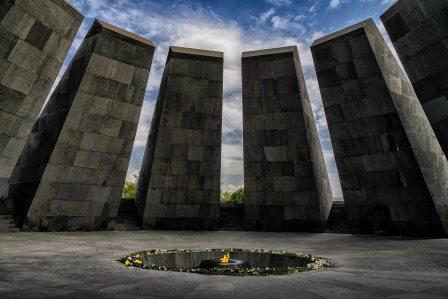
Ending the past silence, US President Joe Biden marked the Armenian Genocide Remembrance Day of April 24 by calling out the historical event and promised American commitment “to preventing such an atrocity from ever again occurring”. It was on this day in 1915, amidst World War I, that the Ottoman authorities arrested and expelled about 250 Armenian intellectuals and artists from Istanbul; most were eventually killed. This began a process of systematic arrest, deportation, forced march and eventual massacre of thousands of Armenians.
As Biden said, the purpose is “not to cast blame” but to prevent its recurrence. This belated recognition of the Armenian Genocide indicates that human rights would guide the Biden administration’s policies towards the outside world, even towards American friends and allies. The expressions ‘genocide’ and ‘ethnic cleansing’ were not in vogue when the Armenians were systematically eliminated and their culture annihilated in Ottoman Turkey. Not surprisingly, it was the Arab parts of the Empire, especially present-day Syria, Lebanon, Iraq and Iran, which received, hosted and protected thousands of fleeing Armenians.
Estimates put the number of Armenians killed during 1914-1916 at over 1.5 million, or nearly 90% of the Armenians who were living in the Ottoman Empire. These deaths were accompanied by about 1,00,000-2,00,000 women and children being forcibly converted into Islam, and the number of crypto-Armenians or Turkish citizens with Armenian lineage could run several thousand.
While the Armenian elites occupied senior positions in the Ottoman Empire, the relations were tense at the societal level. Despite the communal autonomy, the Armenian-Muslim relations were uneasy and suspicious. The Turkish antipathy towards the Christians reached its zenith when militant members of the Young Turks took over the reigns on the eve of World War I. Blaming the Armenians of betrayal for the initial military reversals in the Balkans, the Young Turks under military leader Enver Pasha institutionalised their systematic annihilation.
Disregarding historical evidence of the role played by senior figures in the Ottoman Empire, the leaders of modern Turkey vehemently denied charges of genocide. They blamed it on the civil war situation and argued that no ‘systematic extermination’ of the Armenians ever took place. However, the massive extermination of its Armenian population transformed the post-Ottoman Turkish republic as an ethnically homogenous state since ‘ethnic cleansing’ of Armenians facilitated the Turkification process—both ethnic and religious—of modern Turkey.
Biden’s decision to recognise the mass killing of Armenians as a ‘genocide’ is a small but significant move towards recognising a historical injustice. For decades, the world knew that “one and a half million Armenians were deported, massacred, or marched to their deaths in a campaign of extermination”. That it took more than a century for the American leadership to recognise this is testimony to political and strategic calculations overriding moral and ethical concerns. Washington is a highly politicised capital, and like several domestic and foreign policy issues, the Armenian question was subsumed by larger ‘strategic’ issues.
The announcement is a severe setback for the Turkish lobby that was successful for decades. Flagging Turkey’s importance to NATO and its position as a major Muslim-majority ally of the West, friends of Turkey were able to prevent any meaningful discussion on the Armenian Genocide. Despite his promises, President Barack Obama failed to deliver and it was left to his former deputy and current incumbent of the White House to fulfil the longstanding aspirations of the Armenian diaspora. The first signs of the American shift came in 2019 when both the Houses of US Congress voted to recognise the Armenian Genocide.
Even Israel, which recognises and marks the Holocaust, has been slow in recognising the Armenian Genocide. Turkey, the first Muslim country to recognise the Jewish state in 1949, was too vital for Israel. Indeed, in the conflict in Nagorno-Karabakh last year, Israel angered Armenians by siding with Muslim-majority Azerbaijan. Biden’s latest move should induce Israel to revisit the subject, especially in light of the cold winds blowing from Ankara. With growing regional acceptance and recognition, Israel should move away from its political timidity of not recognising the genocide.
What could be the Turkish reaction? Ankara immediately described Biden’s move as a hurdle for reconciliation with Armenia. One should expect more vociferous reactions from Turkish President Erdogan. Like individuals, societies are also sensitive to external criticism, especially over an unpleasant past. Hence, under its neo-Ottomanist leader, Ankara will not keep quiet, especially if other countries follow the American example and use the dreaded G-word. Biden’s move will complicate the Washington-Ankara relations, already under rough weather over receding democratic space within Turkey and policy disagreements over Russia.
Like individuals, it is not easy for societies to come to terms with their ugly past and they behave like ostriches, lest old wounds are reopened. The question of recognition and apology over mass murders such as Japan over Nanjing, Pakistan over Bangladesh, the US for Hiroshima and Nagasaki or the Israeli-Palestinian conflict still linger on. The unconditional apology and reparations contributed to the German-Jewish reconciliation. While apology alone is insufficient, remorse over the past is critical for meaningful reconciliation and healing. On the Armenian issue, Turkey is still far away from that Willy Brandt moment.
Note: This article was originally published in The New Indian Express on 28 April 2021 and has been reproduced with the permission of the author. Web Link
As part of its editorial policy, the MEI@ND standardizes spelling and date formats to make the text uniformly accessible and stylistically consistent. The views expressed here are those of the author and do not necessarily reflect the views/positions of the MEI@ND. Editor, MEI@ND: P R Kumaraswamy
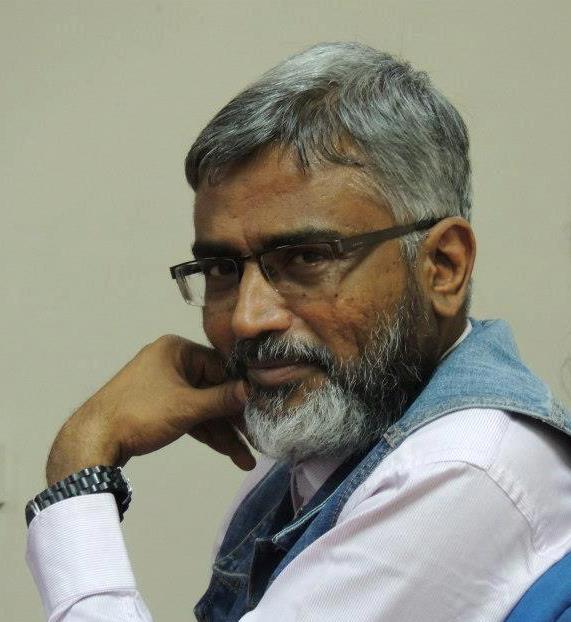
Professor P R Kumaraswamy is Honorary Director of MEI@ND.

When peace is viewed as ‘surrender’, there is little one can accomplish. Without an effe.....

The magnitude of the missile attack on Israel carried out by Iran in the early hours of Sunday was u.....

While the details are still emerging, the Hamas attacks from the Gaza Strip on Saturday were well pl.....
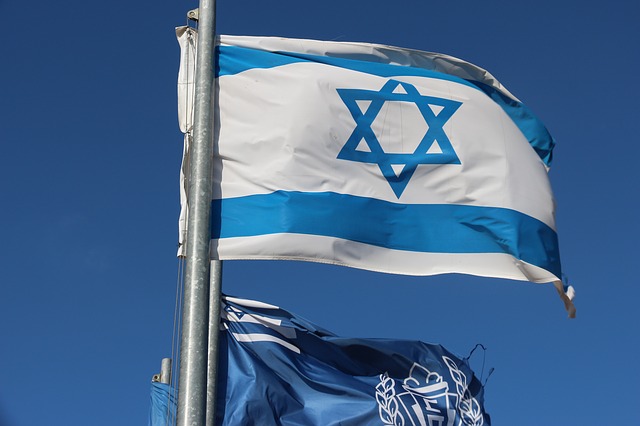
The Libyan controversy reminds us of the more significant problem facing Israel. While the scale and.....
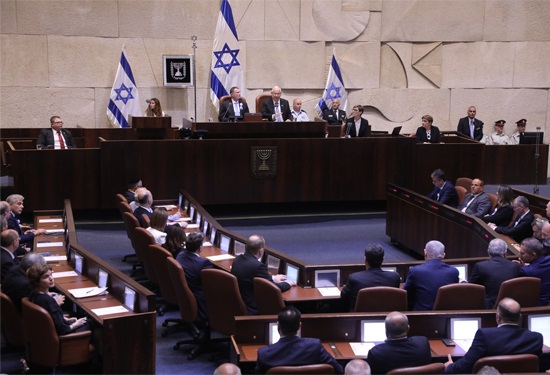
64-0! It should be an impressive vote in any country, especially in Israel, where a simple parliamen.....
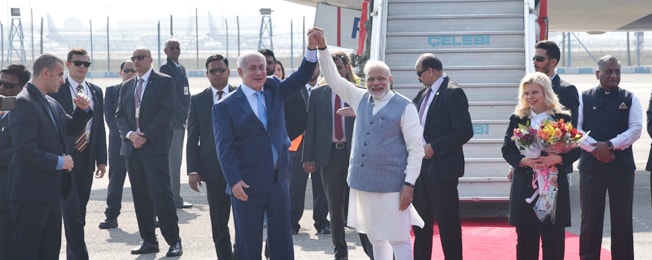
King Bibi is back! After one year in the Opposition, Benjamin Netanyahu, a close friend of Prime Min.....

Political instability is an integral and inseparable part of Israel’s landscape. For the fifth.....

Even by the Israeli standard of coalition fragility, the Bennett-Lapid government, which completed o.....
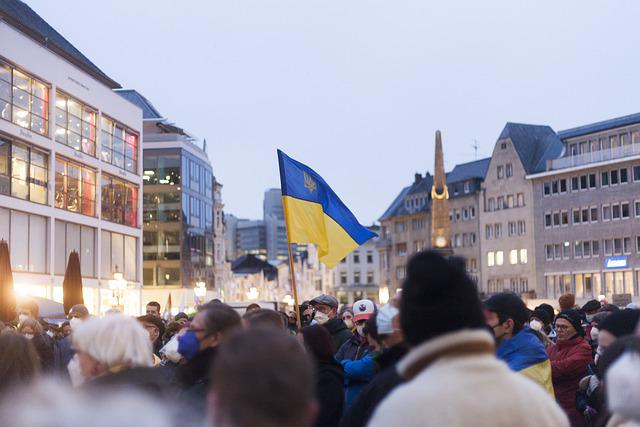
Soon to enter its fourth month, the Russian invasion of Ukraine has made irreversible damages to glo.....
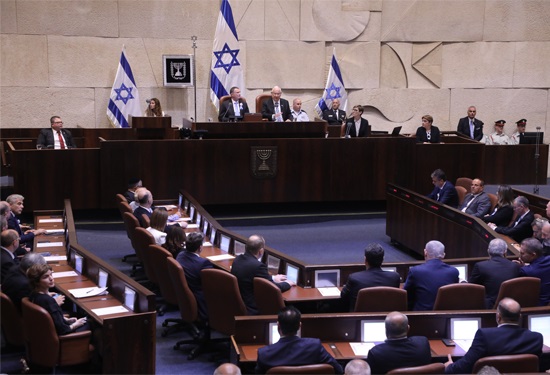
The visit of Israeli Prime Minister Naftali Bennett to India scheduled for last week had to be cance.....
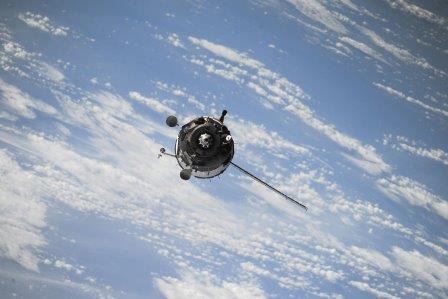
The drone attack on Abu Dhabi on Monday (January 17) by the Houthi rebels marks a major escalation o.....
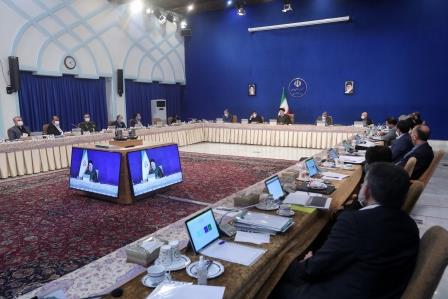
Of late, Israel-Iran shadow-boxing has been getting ominous. If Israel’s diplomatic offensive .....
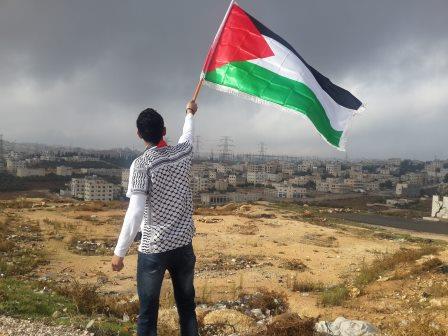
In early November, Moscow hosted Mohammed Dahlan, a former right-hand man of Palestinian leader Yass.....
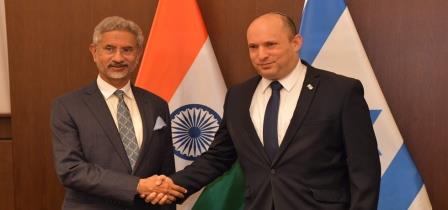
Nearly three decades after Prime Minister P V Narasimha Rao broke from the past and normalised relat.....
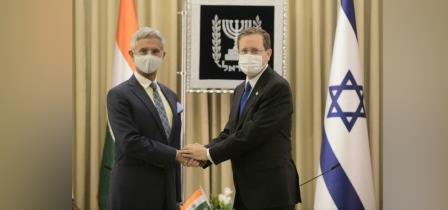
Earlier it was Pakistan and now China. So whatever India does and does not do externally has to be l.....

In several ways, the Taliban takeover of Afghanistan can be a game-changer in India’s worldvie.....
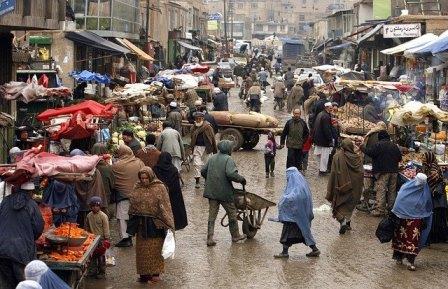
The Taliban takeover and its fallout exposed the limited diplomatic space for India in its immediate.....

Given the travel restrictions, local lockdown and sluggish economic revival, that over three lakh pe.....
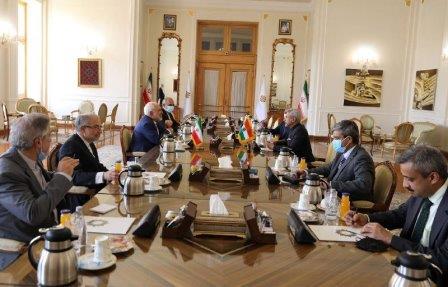
Since 2005, some critical decisions over Iran have been taken by the MEA’s US Division. So que.....
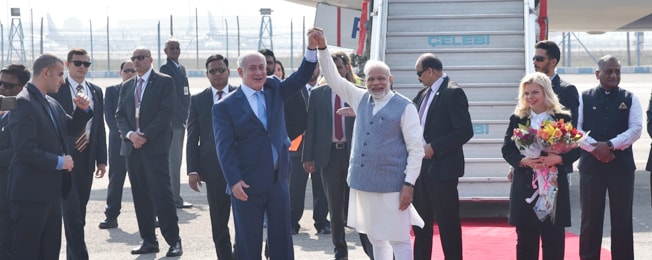
“Bibi dethroned”. This is the expression used in the Israeli media to describe the forma.....
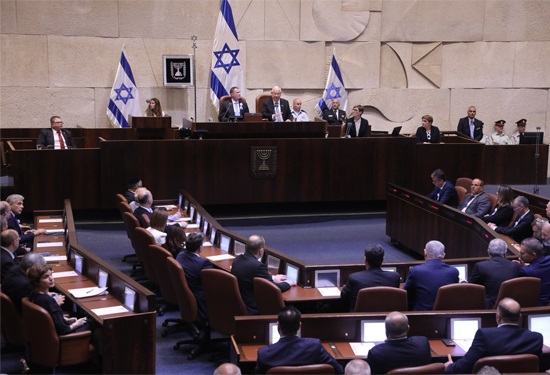
Despite having a woman prime minister in Golda Meir, female political representation in Israel has n.....
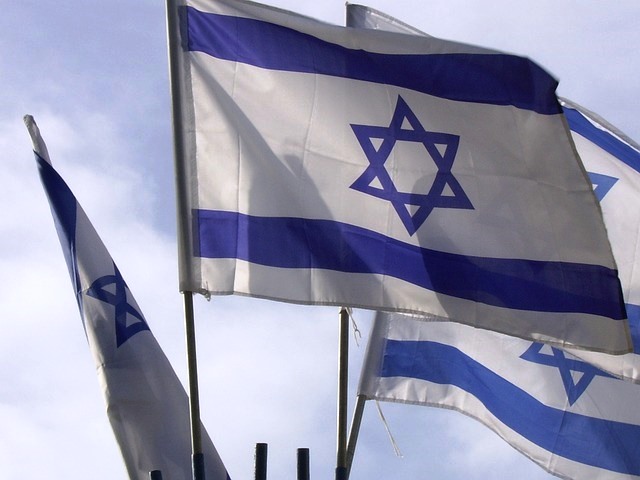
The most interesting aspect of the new Bennett-Lapid government in Israel is the emergence of Mansou.....
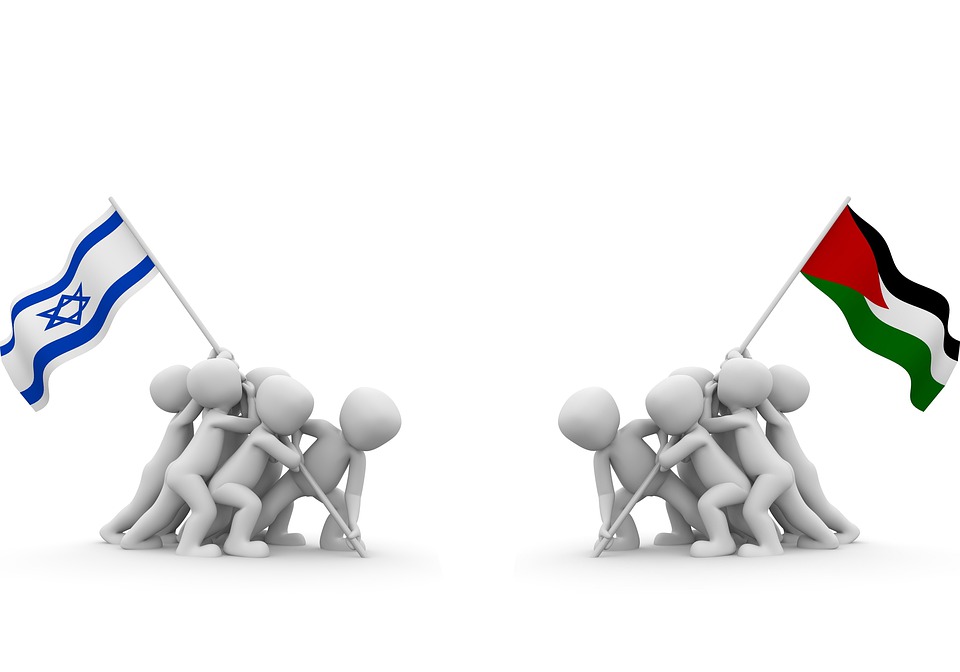
When it comes to mediating international crises, India’s track record is a mixed bag. In recen.....
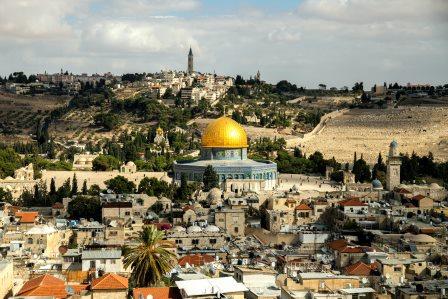
Going by the Israeli media, it is clear that the arm-twisting by the Biden Administration forced the.....
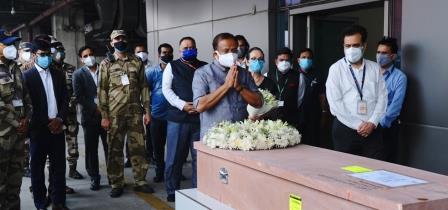
Indeed, Hamas is better placed today than it was in January 2006 and the current round of violence i.....

While the international community wants de-escalation and an early end to the conflict, the chances .....
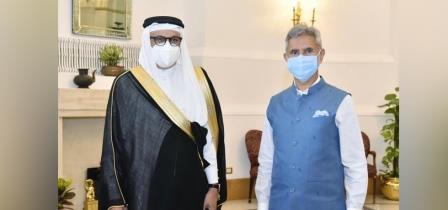
The visit of Foreign Minister of Bahrain Abdullatif bin Rashid Al Zayani to India during 6-8 April r.....
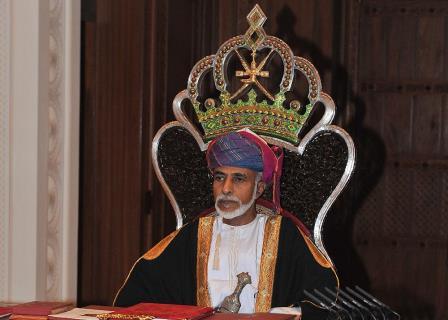
By posthumously bestowing the Gandhi Peace Prize for 2019 upon Sultan Qaboos of Oman, New Delhi seek.....
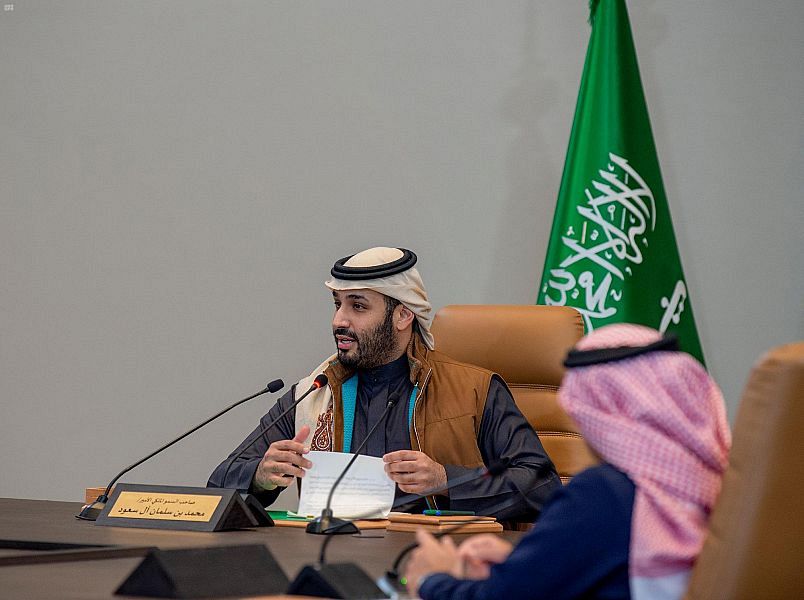
Much to the displeasure and discomfort of Saudi Crown Prince Mohammed bin Salman (more widely known .....
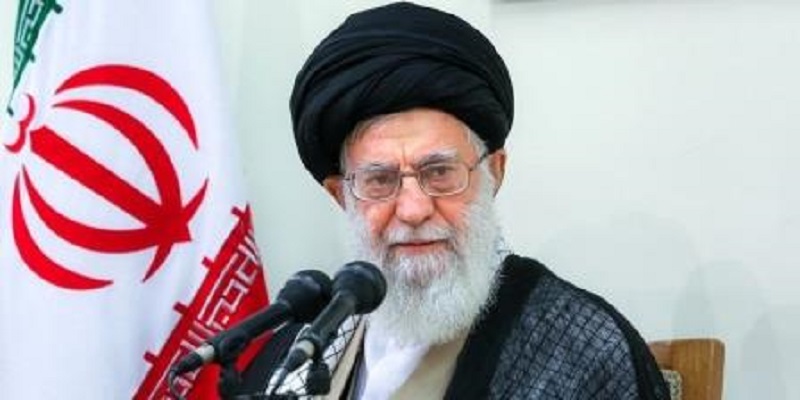
The nomination of Robert Malley, a veteran hand in Washington policy circles, as the Special Envoy f.....
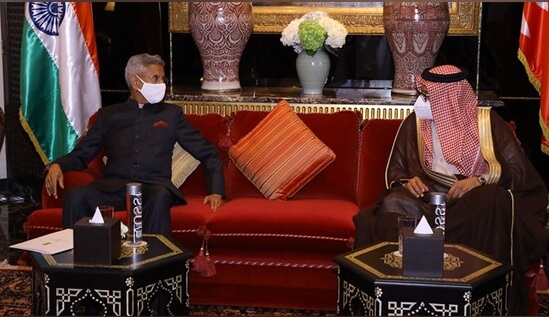
The two-day visit of External Affairs Minister S Jaishankar to the United Arab Emirates last week is.....
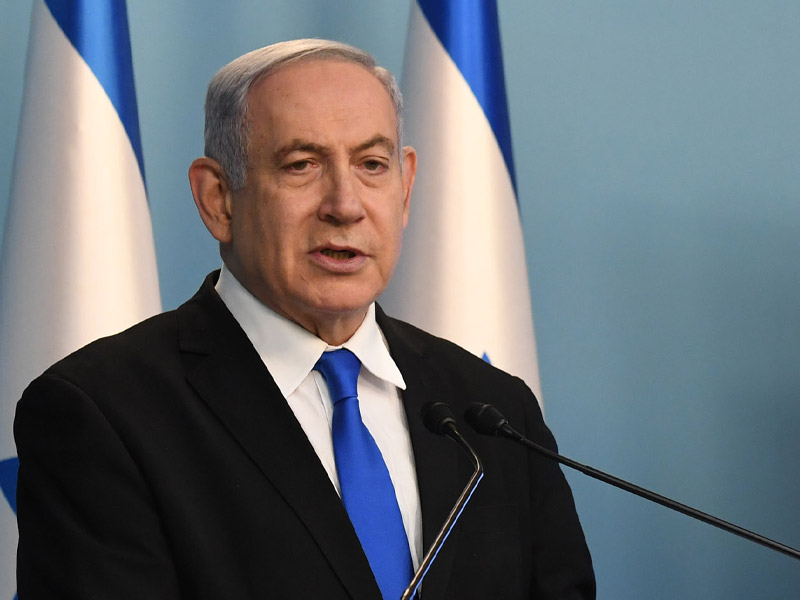
United Arab Emirates’ (UAE) decision to normalise relations with Israel is the most dramatic e.....
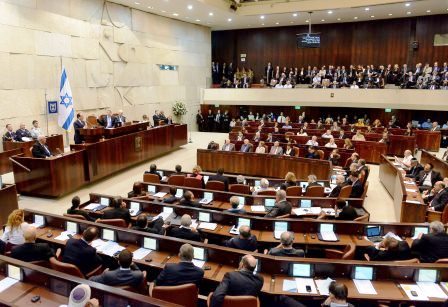
Declaring victory moments after the polling ends has become the hallmark of Benjamin Netanyahu; and .....

Israel went to polls for the 23rd Knesset on 2nd March. The third parliamentary elections within one.....
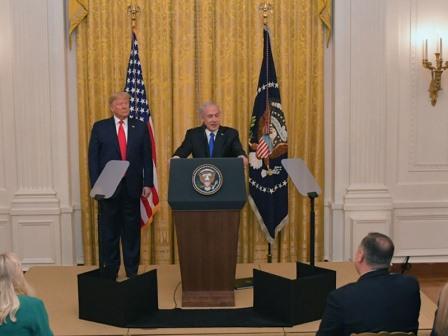
With possible removal from office hanging over their heads, US President Donald Trump and Israeli Pr.....
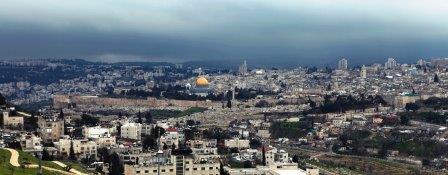
US Secretary of State Mike Pompeo’s sudden and unexpected announcement regarding Israeli settl.....

US President Donald Trump’s decision on imposing sanctions on Turkey has rocked the ever-turbu.....
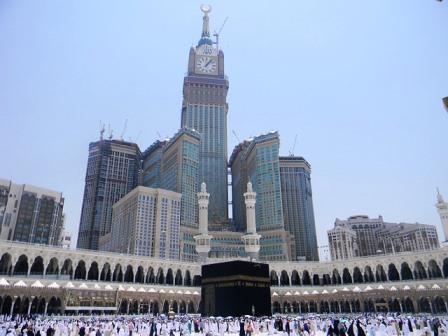
Prime Minister Narendra Modi’s two-day visit to the Kingdom of Saudi Arabia this week highligh.....
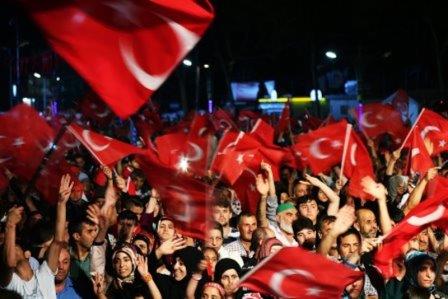
Prime Minister Narendra Modi's reported decision to postpone a planned visit to Turkey comes a c.....
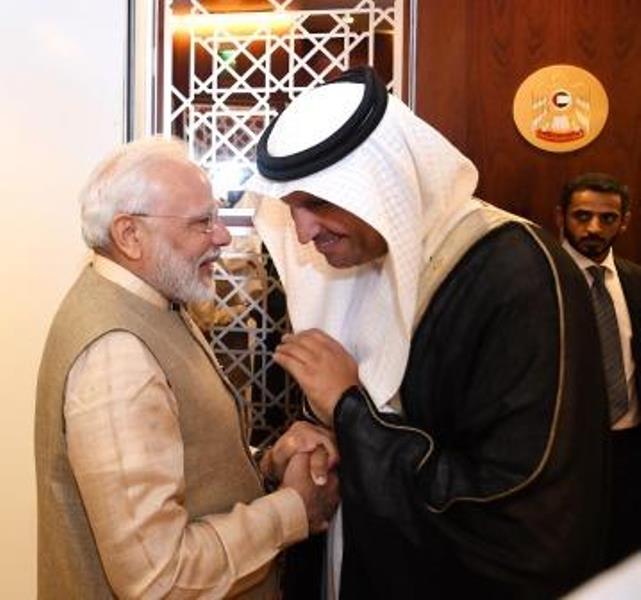
With the sole and notable exception of Pakistan, India's relations with the wider Islamic world .....
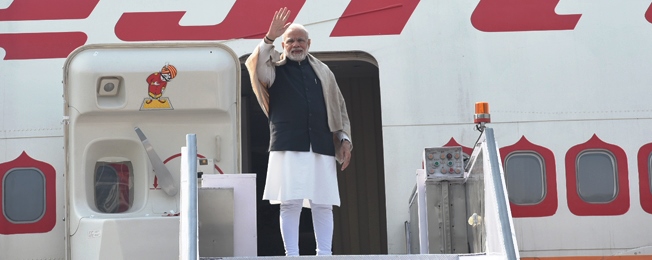
For a long time, India’s relationship with its extended neighbourhood in the Persian Gulf was .....
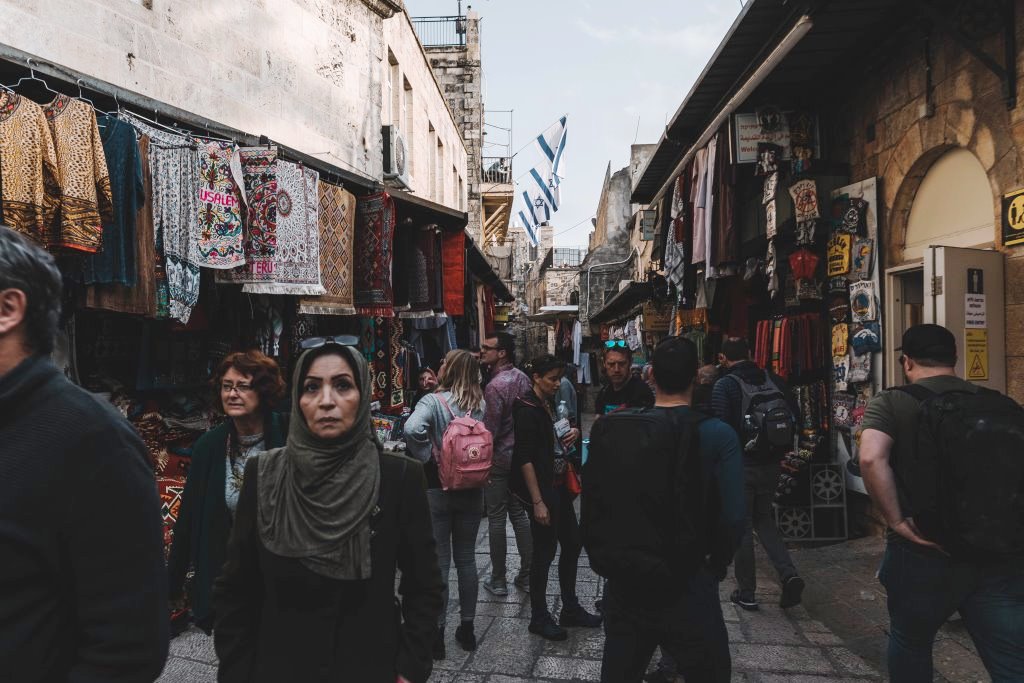
The Israeli legislative or Knesset election last week has turned out to be a rerun of the 9 April on.....
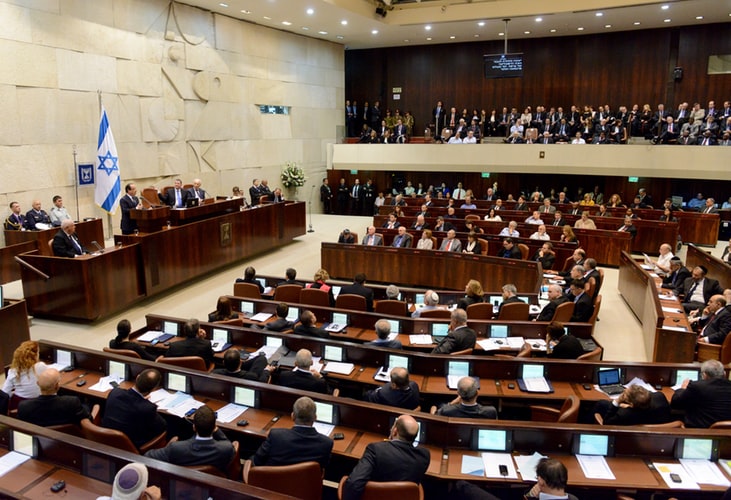
Will 2019 see a third Knesset election? This question is going rounds in Israel as it faces the seco.....
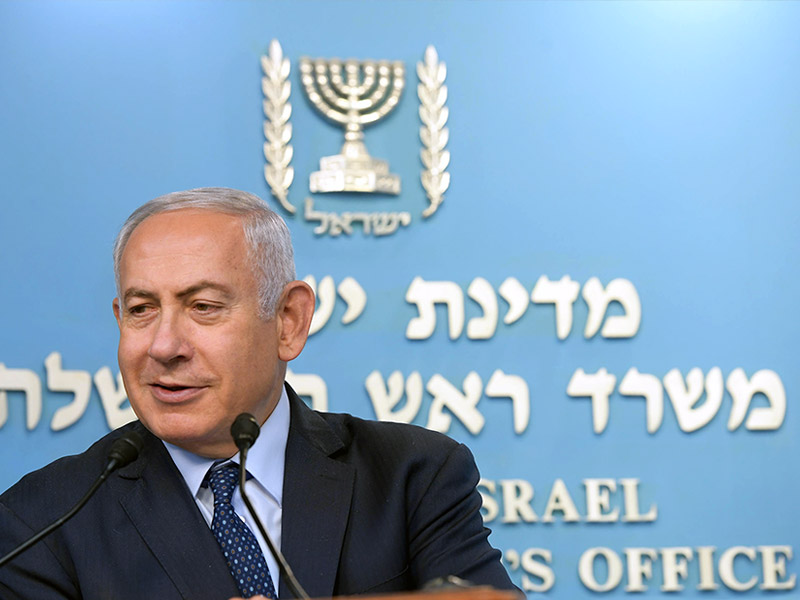
When he called Indian Prime Minister Narendra Modi to congratulate on his re-election with a landsli.....
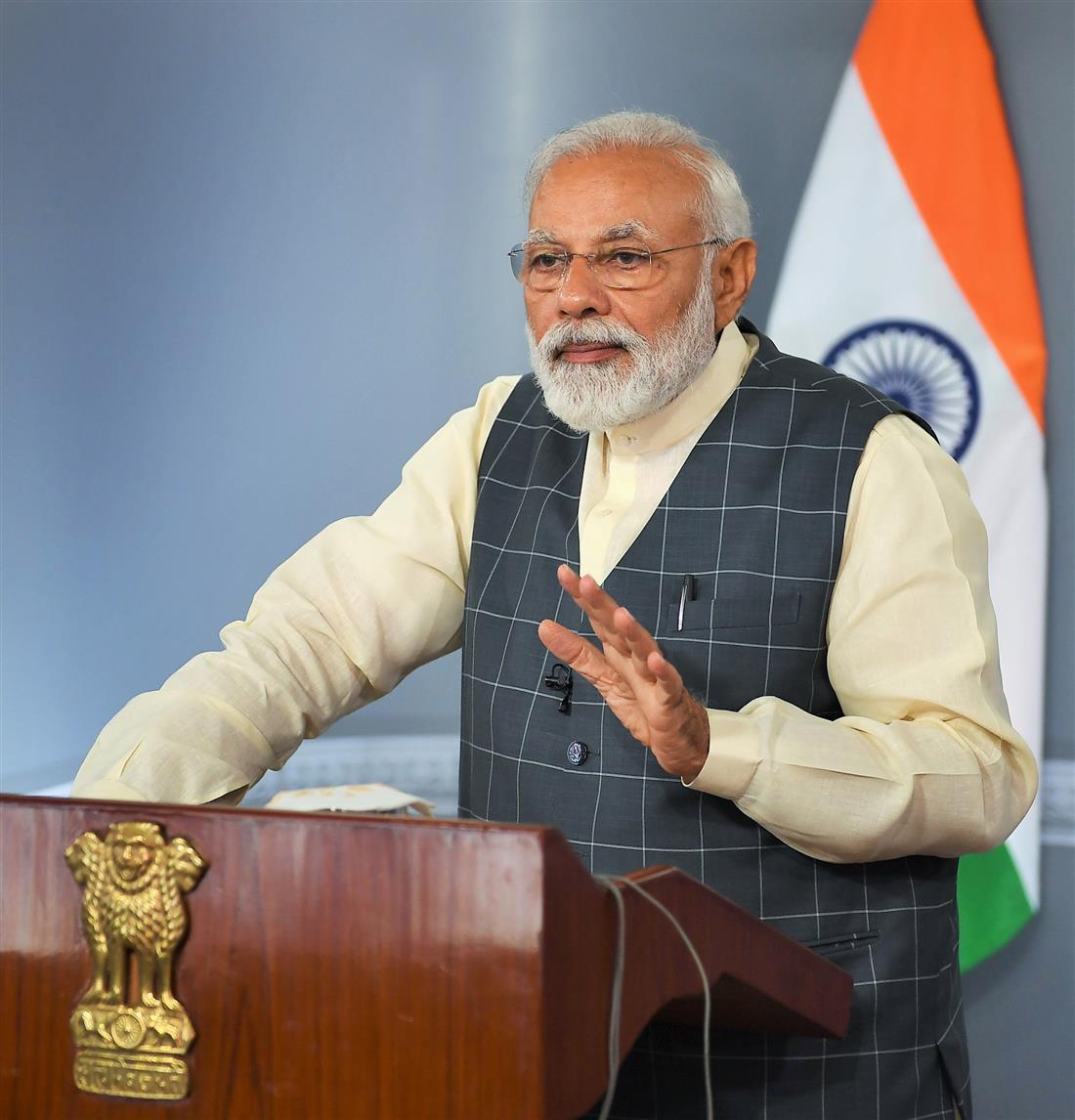
The resounding re-election of Prime Minister Narendra Modi is a blessing for India's relat.....
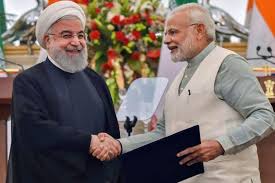
Iran is back in the news and for all the wrong reasons. It has been the unnecessary third .....
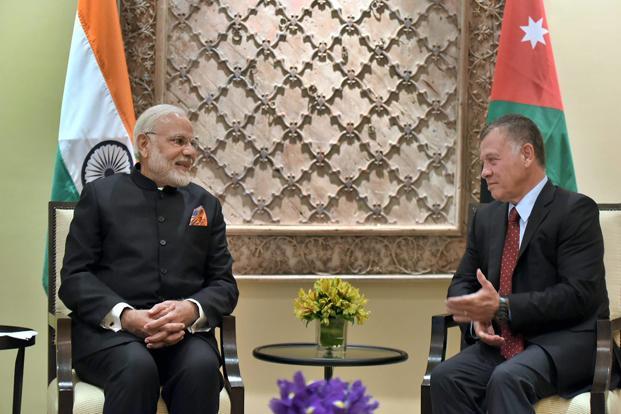
During the close to a century of its existence, the Hashemite Kingdom of Jordan has been, as former .....

In their eagerness to focus on and flag the de-hyphenation of the traditional Israel-Palestinian bin.....
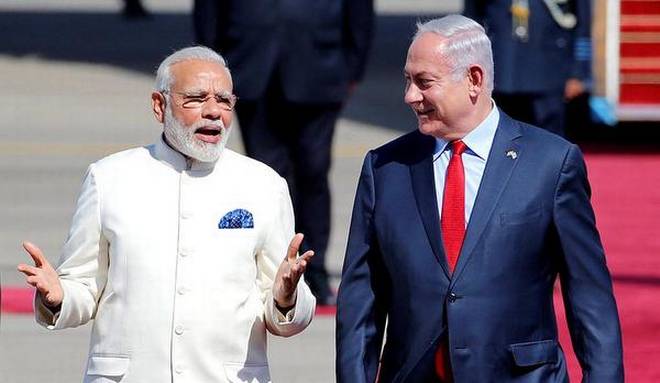
In the closely scrutinised India-Israel relationship, there is little in the public domain that rema.....
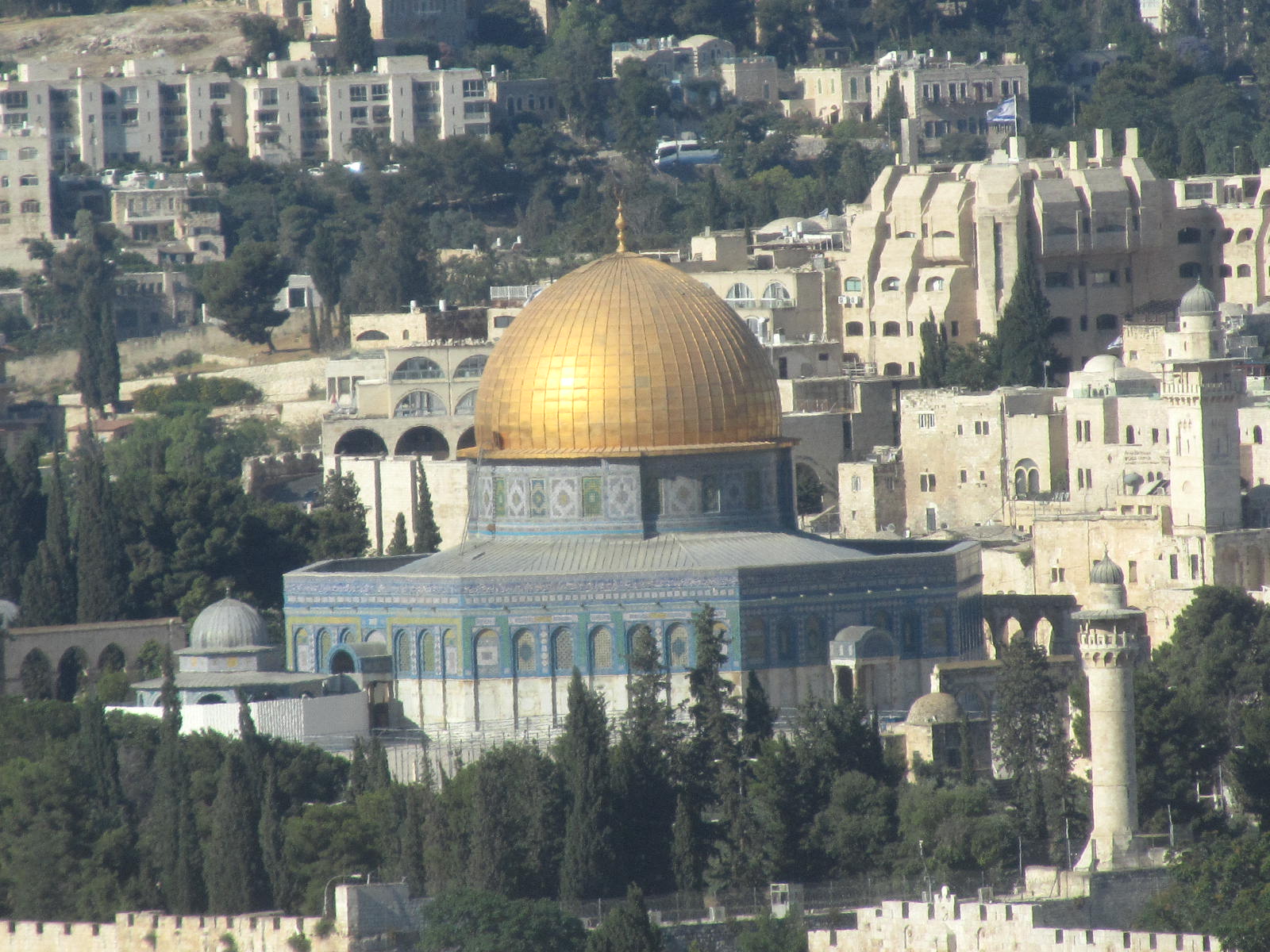
You know what, it will go to the dustbin’ my articulate friend was blunt, brutal but.....

Balfour Declaration, A Century Later If one were to make a list of the most influential.....
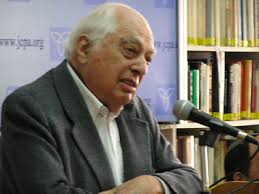
Professor Bernard Lewis—a towering personality on the Middle Eastern academic landscape—.....
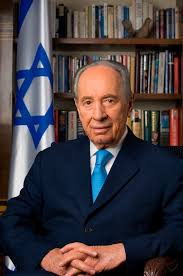
B orn in Poland on 2 August 1923, Szymon Persk who later Hebraised his name as Shimon Peres was the leader.....
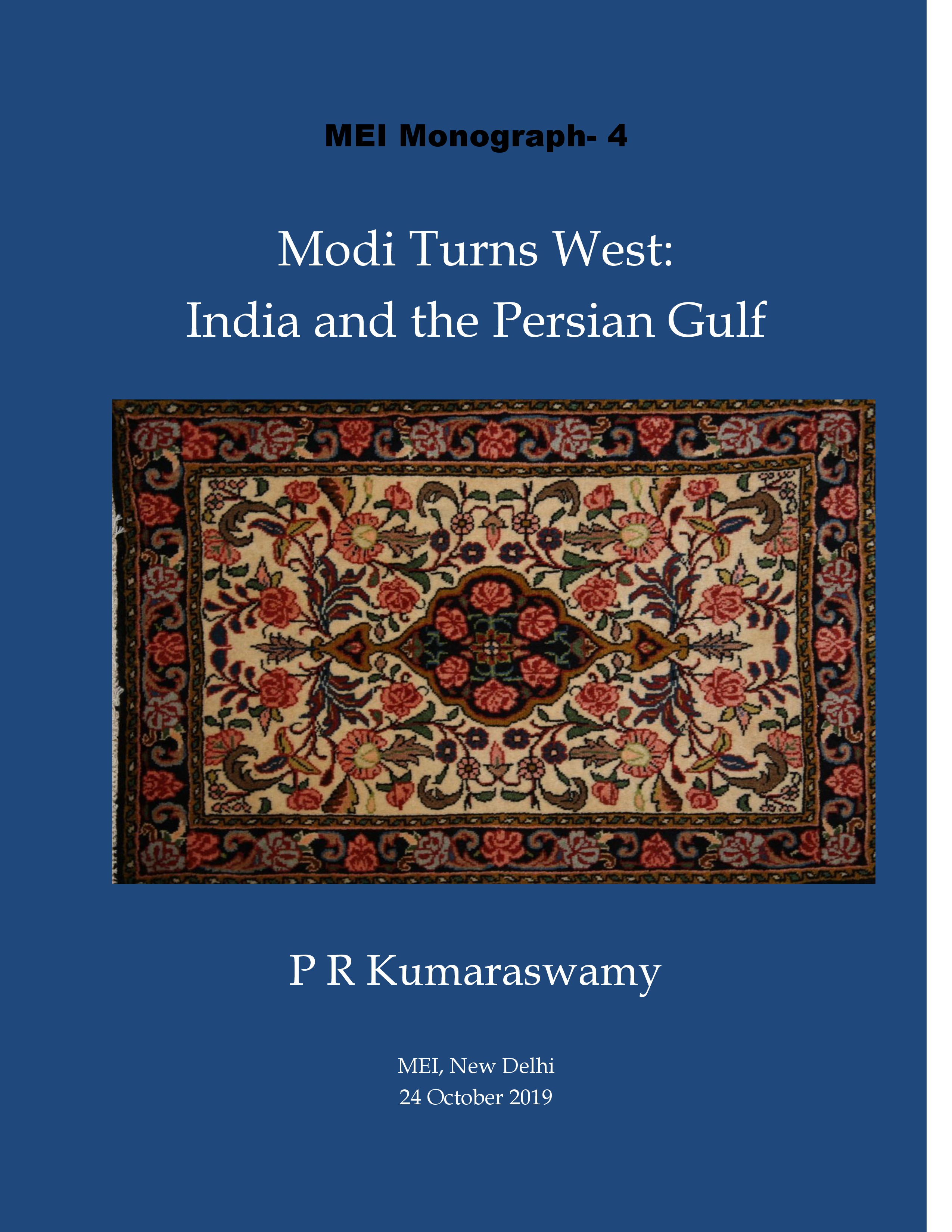
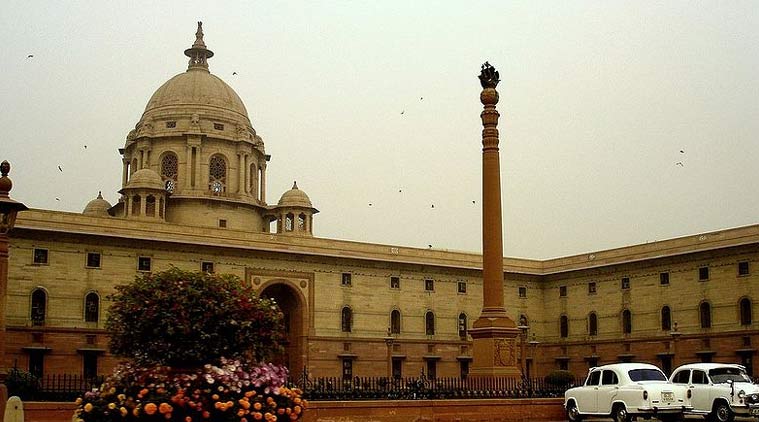
W hat What began as a protest by a marginalized vegetable vendor in Sidi Bouzid in Tunisia soon spread lik.....
